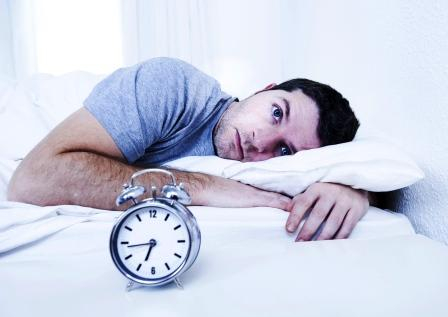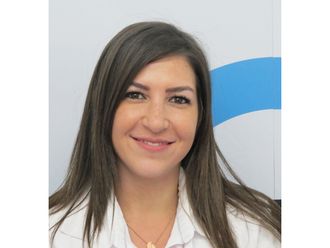
Ramadan is the ninth month of the Islamic Calendar, and a time of religious devotion, self-improvement (including through fasting), social productivity and charity. All Muslims are required to participate, unless they are very young, sick, or elderly.
In the UAE this year’s fasting period — which includes abstinence from liquid, food, smoking, and other specific activities — is approximately 15 hours, starting before 4am and ending after 7pm.
July is also one of the hottest months of the year, with temperatures starting at 30 degrees Celsius in the early morning and rising to more than 40 degrees by afternoon.
Although working hours are reduced, it is still a challenging time. Indeed, Muslims will often say that it is not the fasting that is difficult, but the tiredness. With proper management, people can get the same amount of total sleep as they normally would, but it is the sudden change in wake-up times and overall routine that affects the balance. Understanding the sleep cycle is fundamental to proper adjustment.
As mentioned on Helpguide.org, upon going to sleep, we begin a 90-minute cycle ranging from deep to light sleep, as well as a dream phase. For optimal benefit, it is recommended to set a wake-up time that is a multiple of 90 minutes. For instance, if you go to bed at 10.30pm, set an alarm for 6am (7.5 hours later). It may seem better to have had 8-8.5 hours of sleep, but physically, you will feel far more tired as you will not have completed an entire sleep cycle.
During Ramadan, the same principles can be applied. If you go to bed at 10.30pm, set your alarm for 3am and proceed with suhour and then the Fajr prayer. At approximately 4.30am, you can go back to bed. If you are working, it would be best to wake up at 6am or 7.30am.
As long as one’s Islamic obligations are fulfilled in a timely manner during the day, it is permissible — but not necessarily encouraged — to sleep during the day. And many do shift their entire sleep-wake cycles so that they sleep most of the day and are awake all night. However, for those who are working, short naps — no longer than 20 minutes — are recommended.
People who are fasting usually find their energy levels dwindling towards the end of the day. Be extra cautious when driving, operating machinery or if you need to make important decisions — especially if you feel tired. Risk-taking can be higher when people are tired and their blood sugar levels are low. Check with your doctor if you have any doubts about your ability to fast.
One should also refrain from excessive eating in the late evening. This leads to extra digestive activity, and it can increase the temperature of the body, which can make it more difficult to fall asleep. It follows that regular socialising into the early hours can also affect one’s sleep cycles. Be sure to make up the time lost as soon as possible.
— The author is a health psychologist and ambassador of Sleep Matters, a community initiative aimed at promoting
the benefits of proper sleep.











